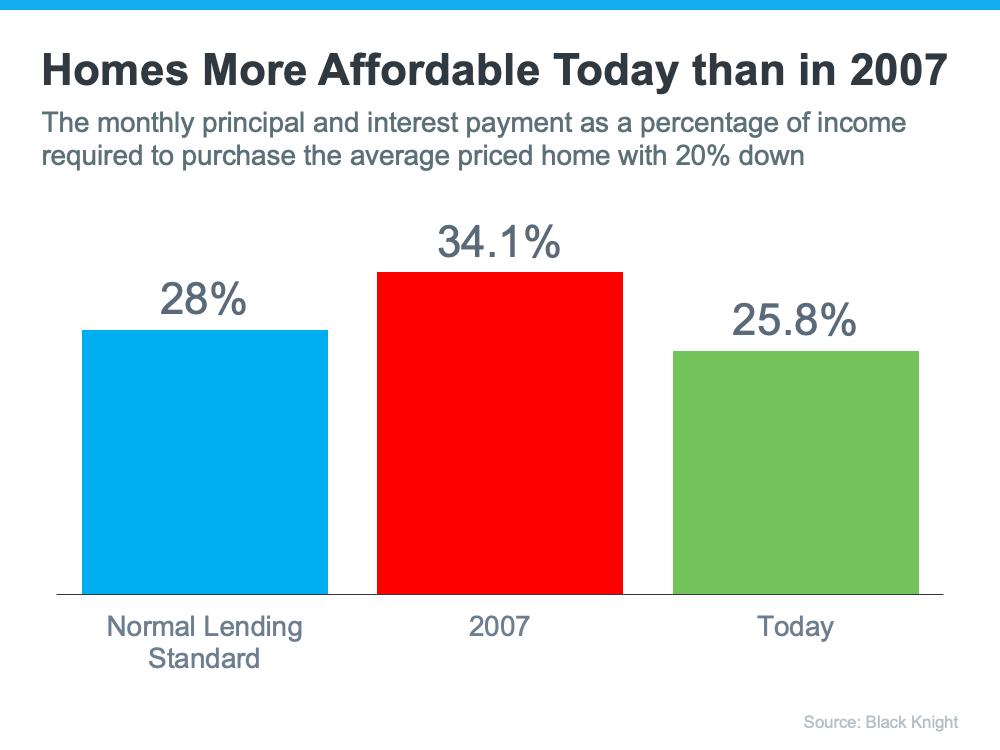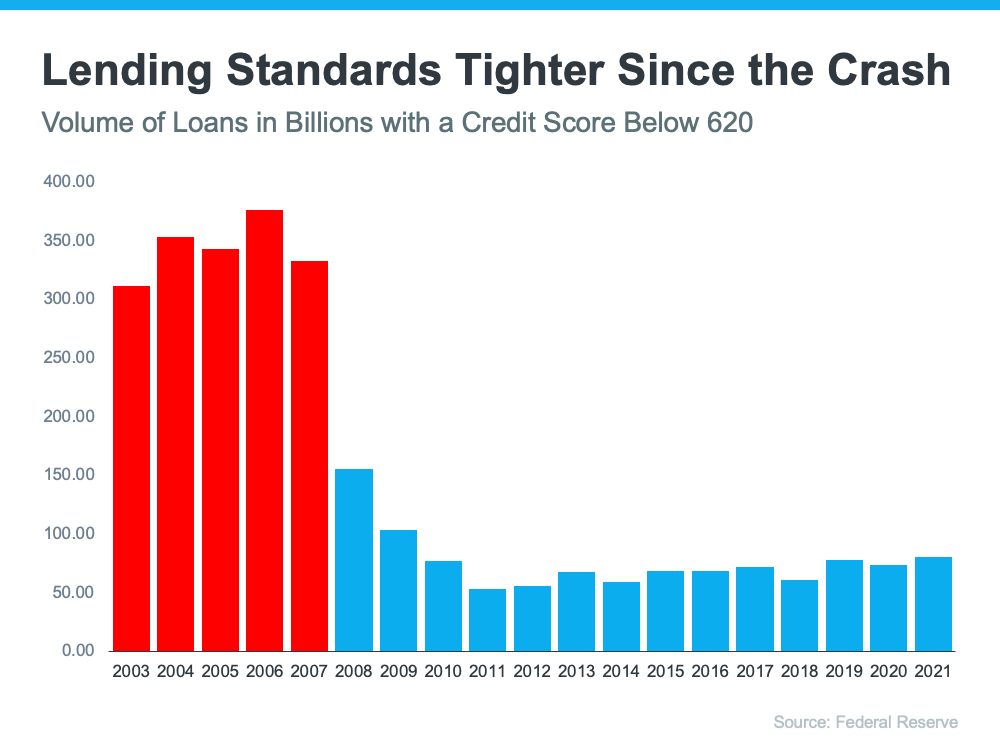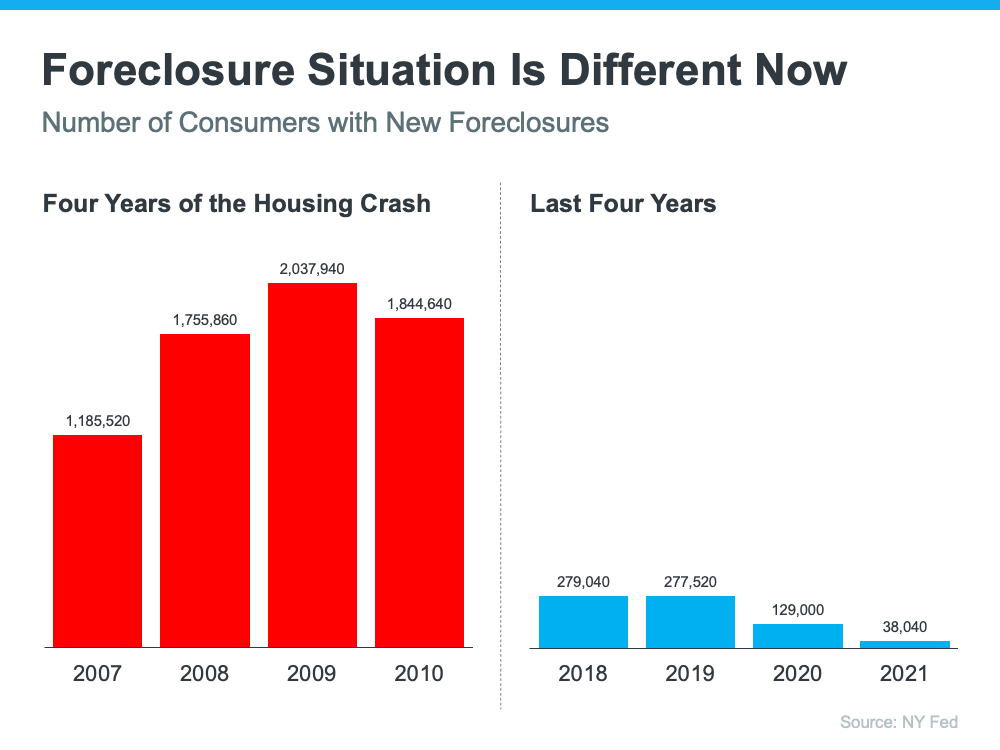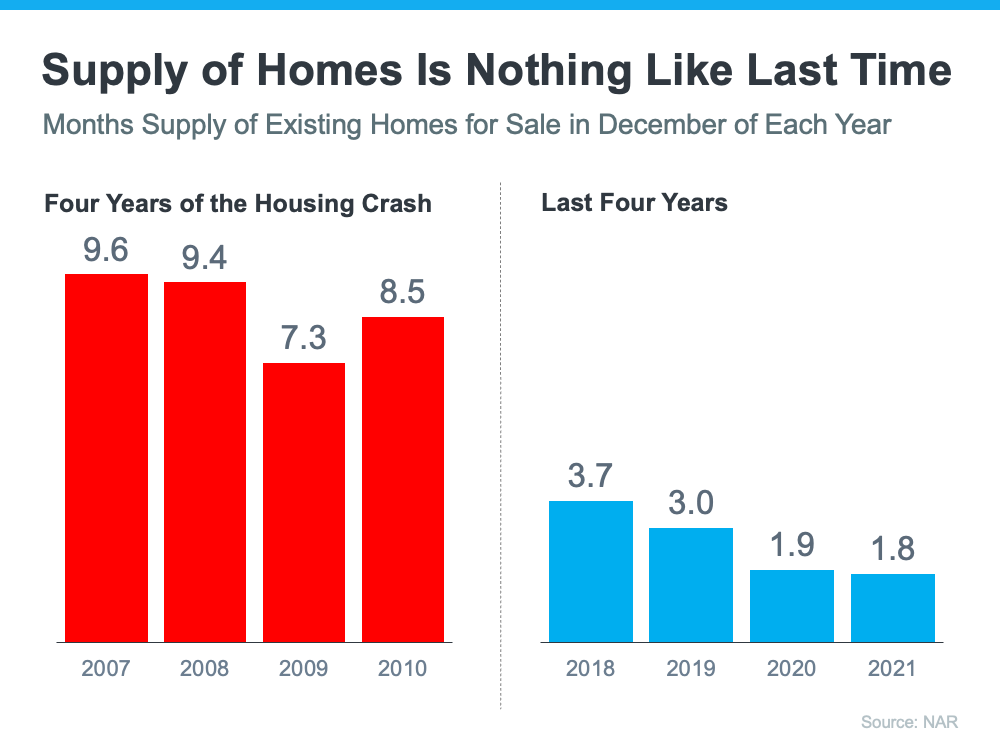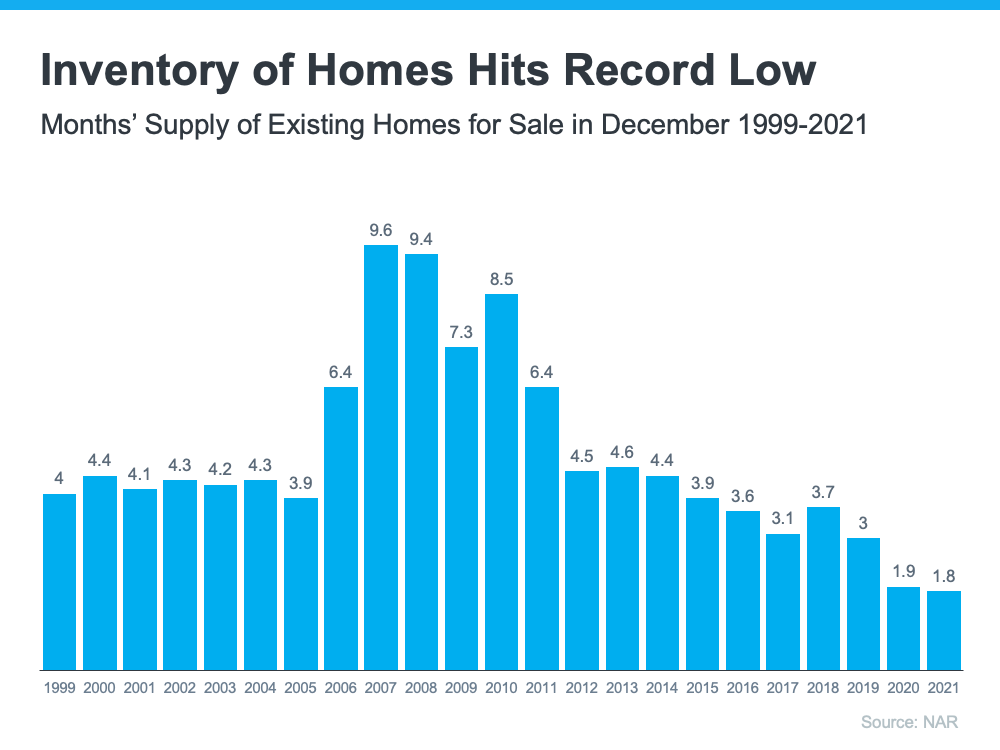Thinking of Selling Your Home? We have the experience and resources to help you get it done ethically!
QUESTION: In reading last week’s Q&A (Disclosure, Material Facts, the Residential Property Disclosure Statement, and the Due Diligence Fee, release date: 6/4/2020), I was surprised to learn that a seller has a legal duty to disclose a material defect about their property when the seller knows about the defect and the defect is one that is not discoverable by the buyer in the exercise of reasonable diligence. I have long understood that a seller can’t hide or actively misrepresent a material fact about their property, but I didn’t know that a seller has a duty to disclose latent material defects. Can you give me a real-life example of when a seller got into trouble for not disclosing a material defect?
ANSWER: Yes. The case of Everts v. Parkinson was decided by the North Carolina Court of Appeals in 2001. It involved the sale of a house in Wilmington in 1993 that was clad with synthetic stucco. Approximately two years after moving into the house in 1988, one of the owners, Mr. Parkinson, began to discover rotting pieces of brick molding around at least seven windows or doors. He replaced the rotting brick molding himself. Later, a painter who power-washed the house discovered that one of the windows was rotted in the sash, jamb, and part of the sill. Again, Mr. Parkinson made the repairs himself. He testified that the work “didn’t appear that complicated,” but an engineer who inspected the house testified that the window had undergone extensive repair behind the surface cladding between the inner and outer walls.
Mr. Parkinson later hired a company to build a band of stucco around the perimeter of each window to protect the windows from water. The president of the company testified that he told Mr. Parkinson the bands would not provide any waterproofing and that all the company was providing was decorative banding.
At the time of sale, the Parkinsons did not inform the buyers, Mr. and Mrs. Everts, about any of the repair work that Mr. Parkinson had done or about the construction of the stucco bands. The Everts’ home inspector testified that he did not observe any problems with the windows or doors and that he was not able to observe the perimeter joints of the exterior windows because they were concealed by the stucco bands. He also testified that he had not been informed of any moisture intrusion problems, and that if he had, he would have performed an intrusive test by inserting a moisture probe into the synthetic stucco. According to the inspector, it was not the normal practice of his company to perform this kind of test unless it was provided with information about water intrusion problems.
In its opinion, the Court of Appeals stated that “[a] duty to disclose material facts arises where material facts are accessible to the [seller] only, and he knows them not to be within the reach of the diligent attention, observation and judgment of the purchaser.” The Court concluded that a jury could infer from the evidence that material defects were known to Mr. Parkinson, that he knew the Everts’ were not aware of the defects and would not discover them in the exercise of diligent attention or observation, that Mr. Parkinson therefore had a duty to disclose the existence of the defects to the Everts’, and that his failure to do so supported their claim of fraud.
This article is intended solely for the benefit of NC REALTORS® members, who may reproduce and distribute it to other NC REALTORS® members and their clients, provided it is reproduced in its entirety without any change to its format or content, including disclaimer and copyright notice, and provided that any such reproduction is not intended for monetary gain. Any unauthorized reproduction, use or distribution is prohibited.






![Do You Know How Much Equity You Have in Your Home? [INFOGRAPHIC] | MyKCM](https://files.mykcm.com/2022/04/05162315/20220408-MEM-1046x2334.png)


